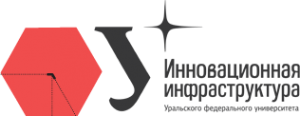https://doi.org/10.51176/JESP/issue_2_T2
Ruslan S.Ensebaev
Abstract
Public bodies can be compared to private organizations. They also have goals for which they exist, use various resources to achieve their goals, face multiple external and internal challenges, suffer defeats, and celebrate victories. The purpose of the study is to consider approaches to introducing changes in the work of state bodies in the context of reforming tax and customs administration and developing appropriate recommendations in this direction. The object of the study was the State Revenue Committee of the Ministry of Finance of the Republic of Kazakhstan. The study was conducted on the basis of a systems approach using the methods of generalization, systematization and induction. The study showed that the State Revenue Committee of the Ministry of Finance of the Republic of Kazakhstan is currently in the process of digital transformation. The Committee’s services are used by millions of citizens and entrepreneurs every day. User satisfaction depends on the quality of services. An important indicator of the Committee’s effectiveness is the amount of taxes collected and other payments to the budget. Centralized implementation of changes cannot remain effective for a long time for such a large and conservative organization as the State Revenue Committee.
The article suggests introducing new approaches within the framework of promoting a new culture, and to develop a network of change agents, more aggressively and more confidently address the issues of attracting talented and motivated employees and getting rid of employees who do not accept changes. The results obtained during the study can be used in the activities of the State Revenue Committee of the Ministry of Finance of the Republic of Kazakhstan.
Keywords: change management, agents of change, digital transformation, new technologies, tax culture.
Cite
Енсебаев Р.С Управление изменениями в работе органов государственных доходов // Экономика: стратегия и практика — 2020 — № 2 (15) — С. 21-28.







